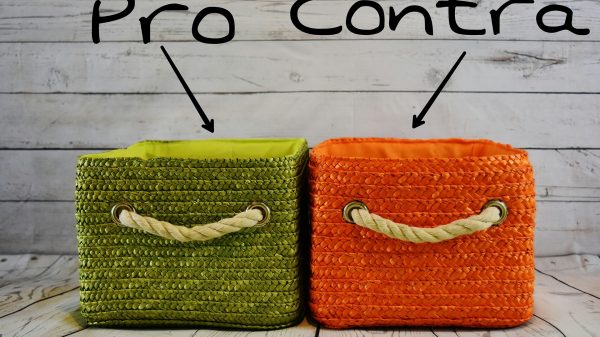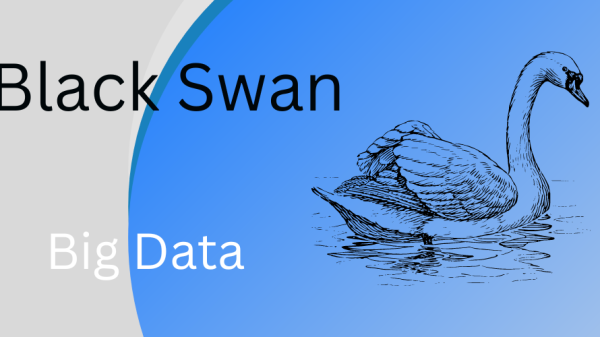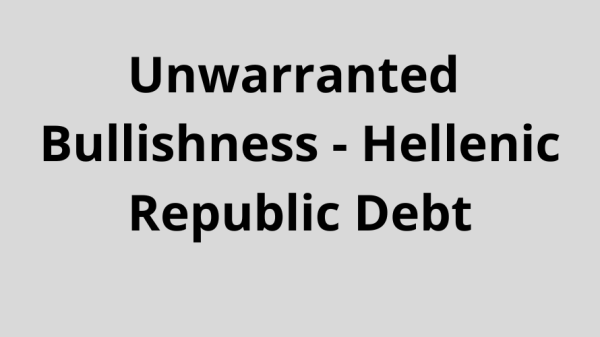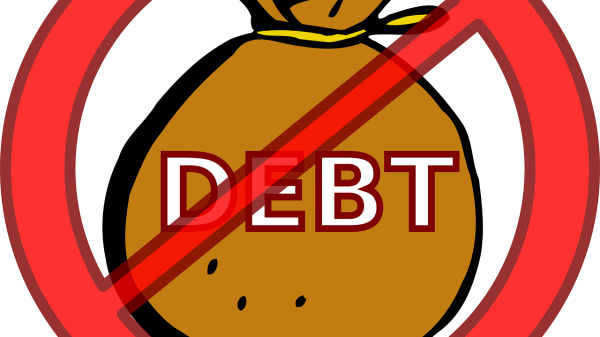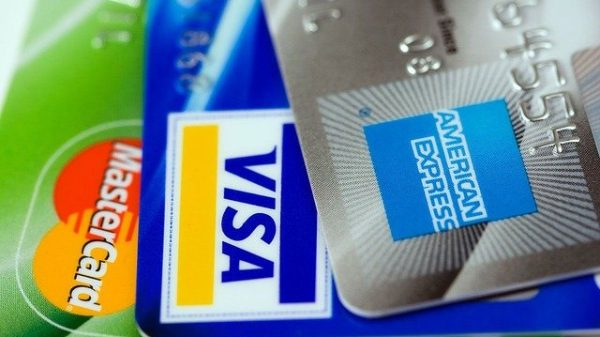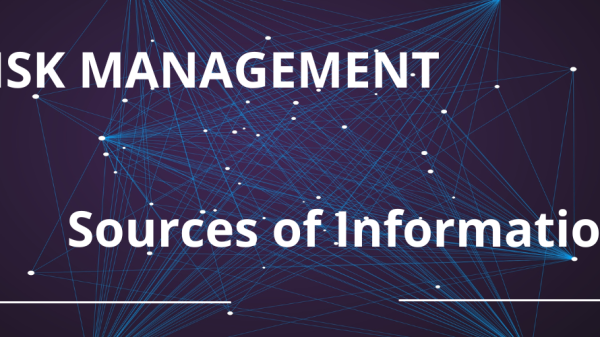The process of opening a bank account is more or less straightforward, but the process of choosing and opening the right bank account can be a bit tricky. Meaning that the decision about the right bank account requires that you gather certain information. Failure to make a decision based on adequate information could mean higher costs for having and managing a bank account. Of course, this would be good for the bank because it will earn extra money from you on the basis of fees and charges.
Before deciding on the right bank account, make sure that you have considered the following issues:
Is there a minimum balance requirement?
Some require that you maintain a minimum balance on your account. You need to know what happens if you fail to maintain the required minimum balance. Will you be hit with a fee? In addition, you should keep in mind that even though holding a minimum balance could waive some fees, this money cannot be used. When you use this money, you will be charged a fee because you will no longer maintain the minimum balance required. Make sure that you can afford not to use the money deposited to satisfy the minimum balance requirement.
Interest rates paid on your balance
Aside from the charges imposed by the bank, you should also consider the interest rate paid by the bank on your balance. If you maintain a certain balance each month, why not earn some interest on it? Therefore, see if you can find a bank that will pay you certain interest on the money held with that bank.
Number of transactions per month
Some banks can give you a certain number of transactions per month. When you make more transactions, then a fee may be applied and charged by the bank. Before deciding on the bank, you would bank with, go through your past records and see how many transactions per month you have. In case you are making more transactions on a regular basis each month, then try to avoid a bank account with a limited number of free transactions.
Accounts with no monthly maintenance fees
There are numerous charges and fees we pay to our bank for having a bank account. These fees individually don’t seem to be a lot of money. In addition, if you look at these fees on a per-month basis, they also seem to be a small amount. But the biggest mistake is that most of us look at them individually or as a per month charge. The problem with this perception is that we should consider the amount we are charged by the bank on a yearly basis. Then the numbers tell a different story. Individually they might be negligible, but on a yearly basis, they can turn out to be a rather high amount.
Therefore, when choosing the right bank and the right bank account, for that matter, you should pay special attention to the fees and charges imposed by the bank. Pay attention to fees for holding a bank account, overdraft fees, minimum balance fees, ATM fees, etc.
With some banks, if you fulfill certain conditions, you may be entitled to a fee waiver. Make sure that you read the terms and conditions carefully. For instance, maintaining a minimum balance on your account can eliminate your monthly fee.
ATM fees and charges
When deciding about the right bank account, you should also consider ATM fees and charges. Go through the charges and fees for withdrawing money at the ATM. Also, consider the fees charged for using a non-bank-owned ATM since the bank may charge fees when you withdraw money from ATM which is not the bank’s ATM network. Additionally, you may want to consider the ATM network of the bank. Keep in mind that local banks may have a less developed network of branches and ATMs’ when compared to big banks.
Offers and promotions for opening a bank account
Very often, banks provide certain rewards and have offers if you decide to open an account with them or switch from your current bank. For instance, banks may offer cash or cash back opportunities or elimination of certain fees. Carefully consider these offers because they could provide benefits in the long run and also reduce your cost of using certain bank products and services.
The decision to find the right bank account could be easier if you use comparison sites. You should use a couple of comparison sites in order to collect the most relevant information about the terms and conditions of bank accounts offered by different sites. Another way to do it is to visit the website (or branch) of each bank and personally collect the information you need. Whatever method you use to choose the right bank account, make sure that you don’t open a bank account with the first bank you see. Open your bank account by paying attention to the aforementioned things. Remember, a small fee or small low charge each month could pile up on a yearly basis. This pile of money paid to the bank is actually your cost of owning a bank account.
